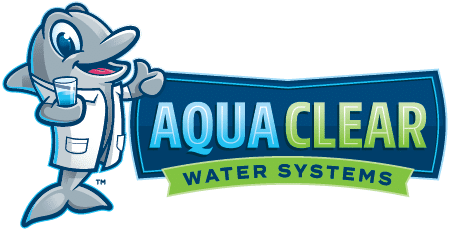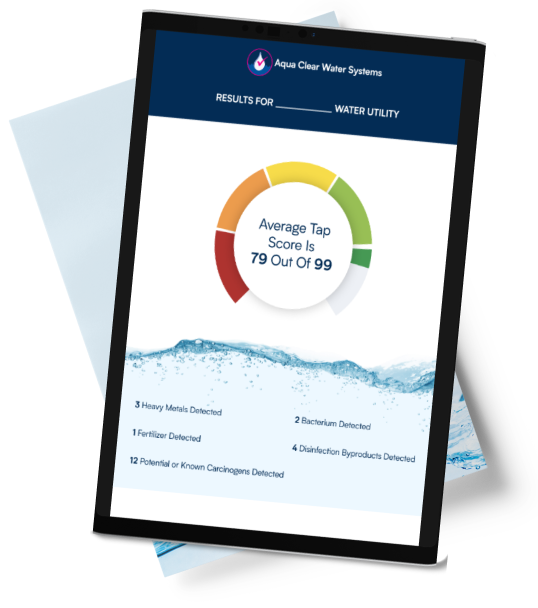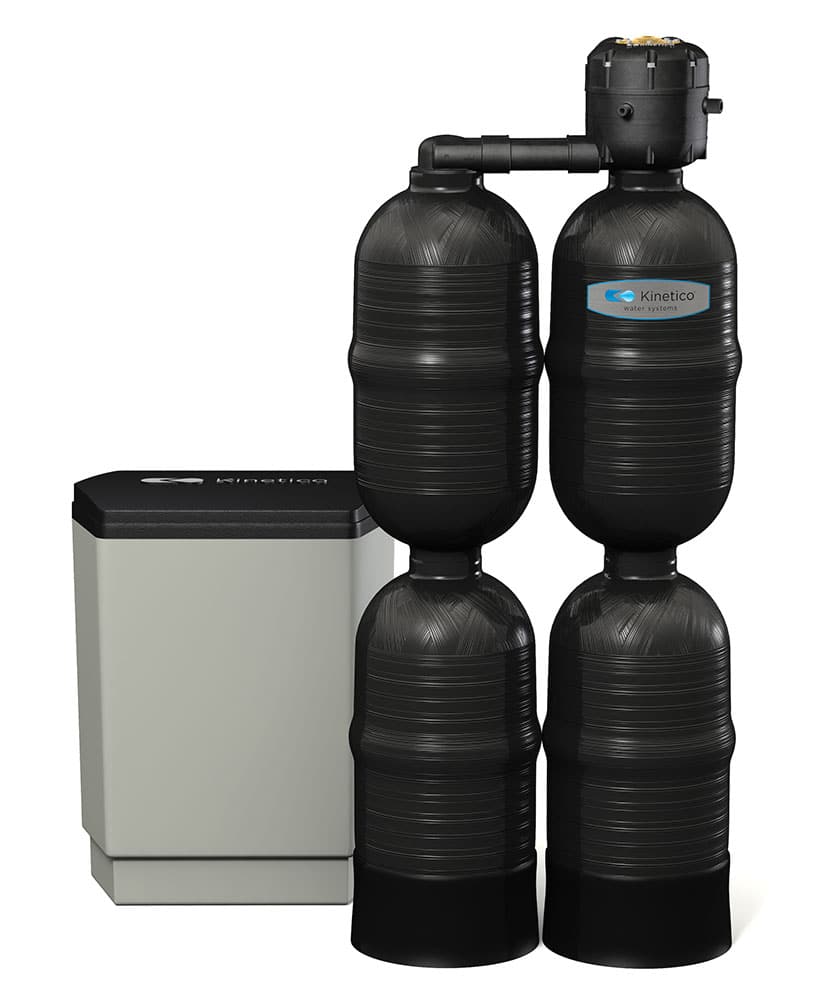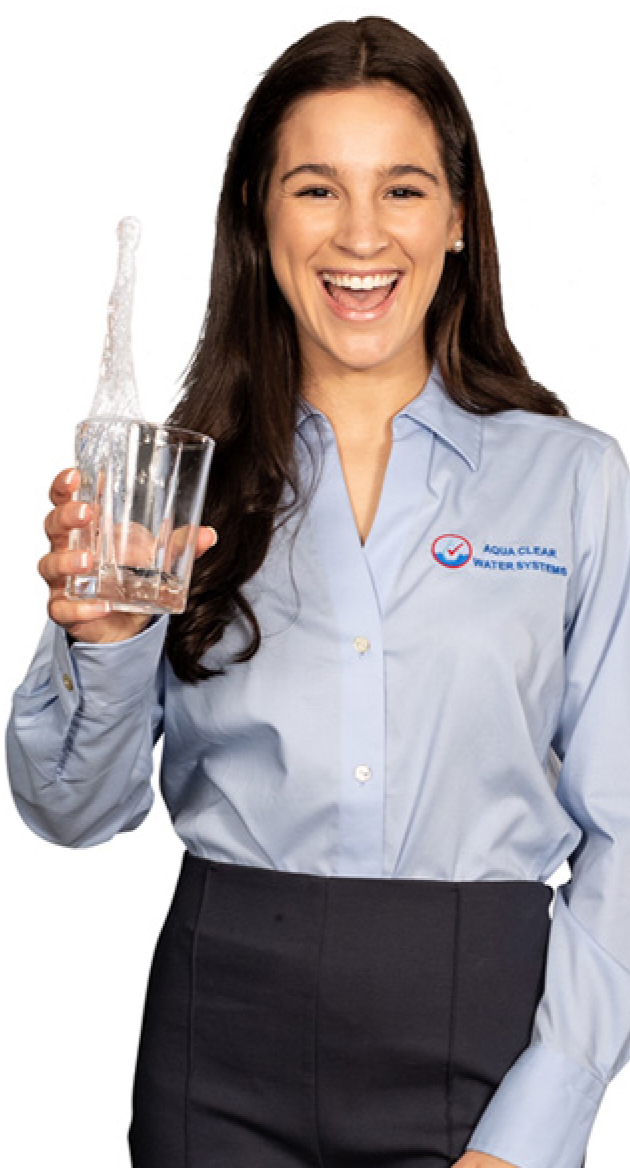When considering a home water filtration system installation, you should take the time to learn about the different types of filtration and what they can achieve in terms of water purity.
The installation of water filtration systems varies by type of system chosen, and it is important to understand the scale of project you are undertaking. This is relevant whether you buy a system and fit it yourself or hire a plumber to install it for you.
This article will help you consider the types of filtration on the market as well as the system size, helping you to weigh up which is right for you.
Filtration Types
Reverse Osmosis Filtration Systems
Reverse osmosis is a popular choice of home water system due to its simplicity. The process uses the water pressure already present in the system to force water through a semipermeable membrane. This filters out sediment, chemicals, minerals and bacteria. Many people prefer the taste of water from a reverse osmosis filtration system compared to plain tap water.
This system can be installed on as small a scale as a single kitchen tap. It is this versatility which aids the popularity of this type of home filtration.
Carbon Filtration Systems
Carbon filtration is also a versatile option for commercial and home water cleaning systems. Activated carbon has an immense surface area so is used as a very efficient filtering material. It is not exclusively used for filtering water either: it can also be used for filtering air, demonstrating its versatility further.
Carbon filters remove chlorine, unwanted odors, sediment and organic compounds from drinking water, without removing any of the essential minerals or salts. Many of these (which are naturally occurring in tap water) are key to various bodily functions, so removing them completely isn’t always the best idea.
The efficiency of carbon filters is due to the slow speed that water can travel through them. Generally, this is less than water supply pressure speed, meaning that there is more opportunity for contaminants to be caught by the filter.
Ion Exchange Filtration Systems
In an ion exchange water treatment installation, water is softened which is desirable to many in the United States where 85% of areas receive ‘hard’ water containing many mineral deposits. In these systems, water travels over a resin that exchanges unwanted ions for more desirable ones (in tap water, this often means switching calcium or magnesium ions out in favor of sodium ions).
The exchange resins are generally made of a porous, acidic polymer such as sodium polystyrene sulfonate. Ion exchange resins can be strong or weak acids, or strong or weak bases, dependent on their function and the desired outcome for the water.
Size of Filtration System
Countertop Systems
Countertop systems give a good solution to those who are looking for a water cleaning system for home without needing a large financial or time investment. They are an ideal first step for trying filtered water as they are often not plumbed in, meaning that the consumer simply inserts a filter, fills the containers with tap water and lets the filtration happen. They do take up counter space but that’s a small price to pay for improved water quality on a small scale.
These systems often need replacement filters regularly, and of course they are less than ideal for purifying large quantities of water. It can also be tricky to navigate the seemingly endless combinations of containers and filters.
Under Sink Systems
Under-sink water treatment installations eliminate the need for counter space to be occupied by large containers of filtering water, or for bulky attachments on your faucets. These are the most cost-effective solutions for individual sinks and are relatively simple to install with moderate plumbing skills. Most kitchen and bathroom sinks have the space beneath them for either of the three types of filtration systems.
Tools you will need: slotted and Phillips screwdrivers; pliers and adjustable wrench; tubing or box cutter; electric drill if your faucet needs a mounting hole; sealant or sealant tape.
Method:
- Install your fitting to the cold-water inlet under the sink.
- Create a hole for mounting the faucet.
- Install the faucet.
- Connect the tubing from the new system to the fitting installed in step one and the faucet installed in step three.
Whole House Systems
A whole house water filtration setup is the ideal solution if you have numerous sinks, appliances and showers/bathtubs and you would like filtered water throughout your home. The installation of all three types of filter is identical, as their differences are shown in how the water is filtered and the impurities removed.
Most homeowners would choose to hire a plumber or a specific water filtration professional to install a whole house system, but it is possible for a confident and competent DIY plumber to achieve successful installation.
Tools you will need: drill with assorted drill bits; adjustable wrenches in different sizes; tubing cutter; buckets to catch water from the mains supply when you shut off your supply valve (yes, more than one!).
Method:
- Choose an appropriate location near the shutoff valve, one with space around and under the pipes to change filters when needed.
- Cut the pipe and install the new shutoff valve. You may need adapters on each side of your filter system in order to attach your existing home pipes to the new filter.
- Assemble the new filter system, ensuring that the filter itself can be removed and replaced easily.
- Mark the system pipes for cutting.
- Install the new filter, using compression rings and sufficient nuts to achieve a connection without leaks.
- Turn the water supply back on at the mains and check for leaks, adjusting if necessary.
Conclusion
This article has outlined the three main options for types of at-home water filtration, and the three main options for filtration system size. The prices of these systems and their installation will vary across the United States, but you can be confident in the quality of work and components provided by Aqua Clear Water Systems. We are proud to be one of the top-rated companies in Tennessee for water filtration solutions, so we will always be a good choice of supplier and installer.
Before undertaking any water filtration work, make sure that you stay abreast of changes in your local water quality. When you know what you are facing in terms of impurity and contamination, you can be informed in your choice of filtration system to improve the quality of water entering your home.







